Your sister is painting your portrait with intention. The image will become the record sleeve for Window in the Woods—a contemplative portrait of a young woman making sense of a dark world. At home in the kitchen, you are Roisin Lowry—one among family, grounded. On stage as Lōwli, you take on another shape—an Irish pianist who studied traditional fiddle, now expressing herself through voice and the slow reveal of interior emotion. These emotions are hard. They are repeating cycles of unnamed mistakes, internal winters, and departures from people we may never see again.
What drew me to the record is knowing the precise feeling of someone with rhythms in the regular world—jobs, family, grocery shopping—passable in a structured life, while having difficult thoughts. As artists, sometimes we take on a persona to rake through it. (Roisin will argue her bridge between person and performer is slight, not abrupt, but I see two forms emerging.) It's Tori Amos in heels, managing the pedals of a harpsichord, not the slippers you wear to check the mail.
To begin is to find a shell sturdy enough to hold what spills out. That process—the cultivation of new creative armor—runs through Window in the Woods. There's a soft deliberateness to it. The audible click of piano hammers recalling Clark's "Pleen 1930s," and the meditative cycles of Glass's Etude No. 16. I was stunned by the vocals in a low register, which mirror the deep, empowered resonance of Hannah Reid (London Grammar).
Autumnal, cinematic, situated between reflection and release. Delicately arranged strings swell with field recordings, subtle but essential. I chat with the surprisingly sunny Roisin over video. We discuss piano lessons, Ireland's basic income for artists, and how it feels when your mom reads your lyrics.
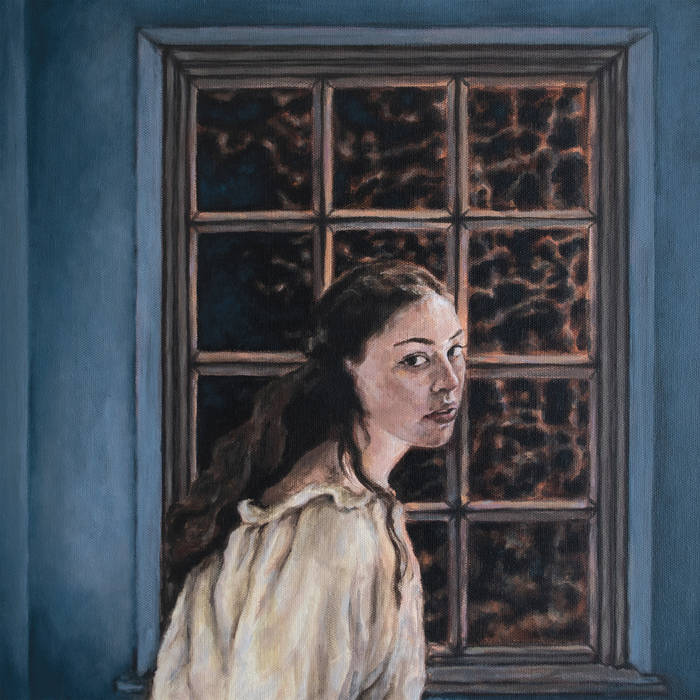
Carolyn: Where's your head at 2 p.m. in Dublin? Are you winding down for the day? Is it a cup of tea?
Lōwli: I'm just getting started on my work day. I'll be heading to work at 4 o'clock. I don't do it every day, but I teach piano. I teach lessons until later in the evening—it's sort of an opposite day than where I start work in the afternoon and finish later in the evening.
Carolyn: How old are your students?
Lōwli: They're all ages. I have students who are 7 years old, and I have students who are in their 80s. Usually, it's kids and teenagers, but I do have a wide variety of ages.
Carolyn: Who taught you piano?
Lōwli: I started when I was about 11 or 12. That was considered somewhat late to start, even though it wasn't really, but my first piano teacher, Triona, was a neighbor of ours—and she still is a neighbor of ours. She taught me for quite a good few years. I moved on to another teacher, Kathleen, who was based in Salthill in Galway, and then I went to college. I also had a wonderful music teacher in secondary school called Carl Hession. I've done all the exams and the diploma, but I would like to get lessons again at some point.
Carolyn: What happens in a piano exam? Does someone say, "Congratulations, Roisin, you're now a master pianist?"
Lōwli: It's been a long time since I've done a piano exam, but it depends on the level that you're doing. Generally, you perform a few pieces, do some kind of technical exercises, and then you get tested on some other things like ear tests, sight reading, music theory, and things like that. They can differ between exam boards depending on what genre of music you're studying. Some people will do jazz exams or pop exams. I have more experience with classical piano.
Carolyn: Speaking of genre—how are you feeling about your "dark ambient pop" classification? Does it suit you?
Lōwli: I've always found it really difficult to actually label myself as a genre, because I feel like there's a lot of different influences there. I struggle to define what it is. The nearest thing I can find is ‘dark pop’ and ‘dark folk.’ There are maybe subtle traditional elements there as well—I played traditional music when I was a child. I played the fiddle, so that always kind of creeps into my music.
Carolyn: You strike me as a sunny personality, so I'm a little stunned at what I've been listening to from you. That middle track, "Lament," for example, but I think music is how we express the internal. It's our calling card for what's happening inside of us. How were you feeling when you were making this record?
Lōwli: There are a couple of tracks that were written before I decided I was going to make an album. The majority of the songs were written two or three years ago. When I was writing it, I had an idea that I wanted to focus on the dark period in your life where you're in a transition to a better place or feeling a little bit more hopeful. I wanted to create a journey and have a balance of dark and light. I think I've done that in a way, but it's also quite dark. Maybe there's more darkness in there than there is a kind of lightness.
Quite a few people said to me recently that, after listening to it, they didn't realize it was going to be so dark. When I look back now on what I was feeling, I definitely felt quite lost. It was around the time when the lockdowns were coming to an end. I felt that I'd lost a lot of momentum in my career and was feeling very stuck. I also felt lost in my identity—I think most musicians could relate to that. So I think a lot of the songs on this album are about me trying to make sense of these feelings and trying to deal with them. I also think a lot about our world and the way in which we live in it, and how strange it sometimes feels. So, it's perhaps me trying to come to terms with the world as it is now and how different it is, and maybe lamenting that, but also trying to find the light in it too.
Carolyn: That makes sense. Let's imagine a 12-year-old you sitting down at a piano bench. Is there something you were listening to? Like when I was younger, I went and took piano lessons, and I stormed in there, saying, "I want to play 'Cornflake Girl.’" Which is just not a piece to start with, but I was like, “I will not stop until I can play 'Cornflake Girl.’" Then I learned that "Cornflake Girl" belongs to Tori, not me, and despite the abundance of pianos, it's a deeply personal instrument and a deeply personal approach to making "Cornflake Girl."
Lōwli: At the time, I was very interested in the piano. I had learned the fiddle, and I loved music. It came naturally to me; I loved learning music and practicing. I think I was just jealous of other people who could play the piano, and I just really wanted to know how to play it. I was able to figure out little bits, but I just didn't really understand it. To that point, I'd play traditional music. You would learn all your tunes by ear. Sometimes it's notated, but a lot of times it isn't. I had no concept of music theory or notation. It all made sense as soon as I started learning the music theory side of things, and how music is composed, as well as why things sound the way they do. I remember wanting to learn Beethoven. I loved it.
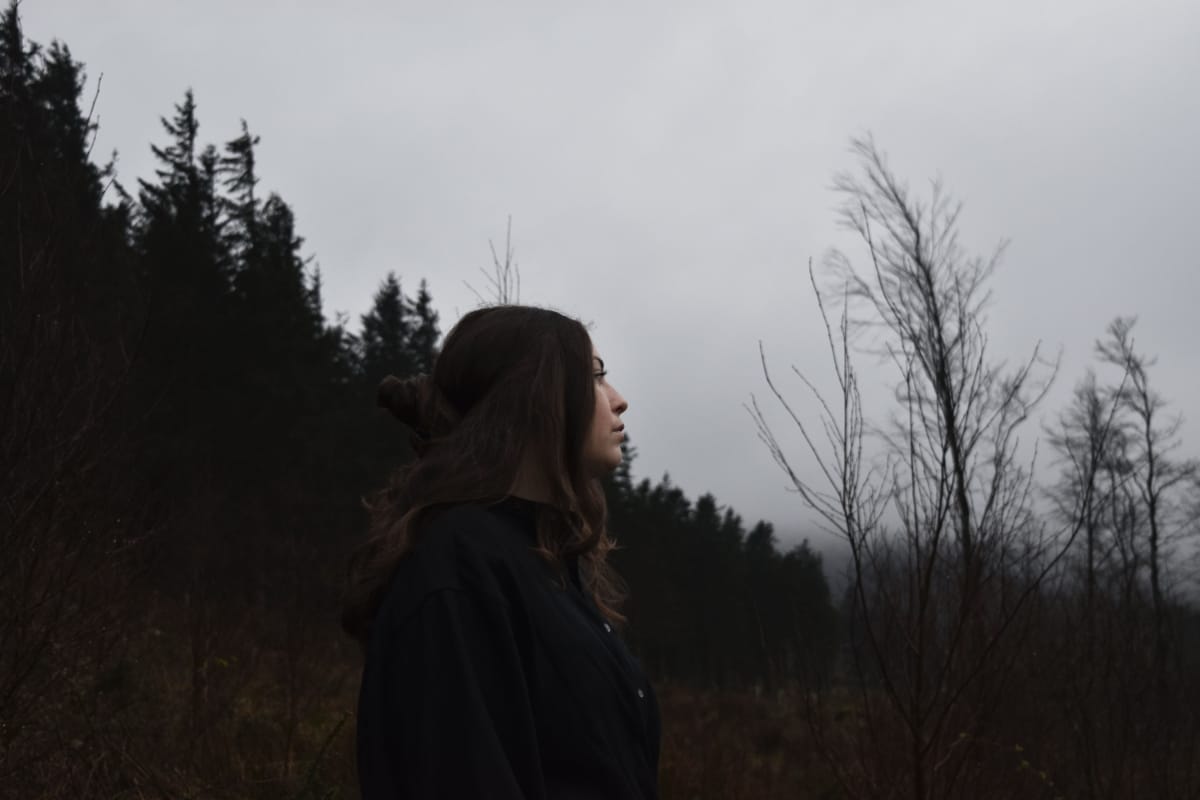
Carolyn: Do you play fiddle on your current record?
Lōwli: It's a different string ensemble. On the album, there is a cello and a violin. Aisling Bridgeman is the violin player. She's amazing. And then Rob Campbell is the cellist, who's also brilliant. There are actually only two string players, but we've layered lots of strings on top of each other so that some tracks will sound like a quartet. I don't think I would trust myself to play violin in my recordings.
Carolyn: Do these songs start as improvisations between piano and strings, or do you compose pieces together?
Lōwli: It depends. I'd compose and arrange the string parts myself. What would always come first is the piano and the melody, and the sort of the structure of the piece. I would improvise a lot, and then come up with a chord progression or an idea, and it would sort of develop from there. Once that is built, I will go and write the string parts and decide if I want to add other things. Do I want percussion? Do I want to incorporate anything else, such as field recordings, which isn't something I do often?
Carolyn: How did you find your way to adding that layer? What recordings did you put in?
Lōwli: I chatted about this with Matt Harris, who is part of Veta Records, the label I released the album on. He was helping me with production ideas, and he asked, “Where do you picture yourself with these songs? Are you outside? Are you inside? What's the location?” It was always in my head, but I never tried to bring that out in another way. Rob and I recorded a seascape, and then we combined a few different seascapes in the second-to-last track, called "Islands Are Falling." That was inspired by a trip to an island off the west coast of Ireland this year. We have some recordings that I made from the house here, like whispers, things like that. We had an idea to bring out the sound of the piano, isolate the technical sounds within it, and make them way more foregrounded than they would normally be. The piano is being heard in a different way. I think that brings the listener into the place that you're in as well, like the room and the space of the recording. I worked with a brilliant co-producer and mix engineer, Edu Prado, who was able to bring out all these interesting sounds and incorporate them into the music so well.
Carolyn: What are you whispering in your field recordings?
Lōwli: I'm whispering the lyrics of the previous track. The third track is the same idea as the second track, "Undone." It's the same chord progression and acts as a little interlude to bring you to the next song.
Carolyn: I think your vocals are really striking. Can you tell me about your vocal training or how it feels to write lyrics?
Lōwli: A lot of my vocal stuff is self-taught. I only really started singing in my early to mid-20s. I never sang as a child or as a teenager, and I don't know where it came from. I just kind of started singing and thought, “This is really fun.” It was quite a while after that before I started writing lyrics. When I started working on this project, I started writing lyrics and songs—I was probably 24 or 25 when I started doing that. I'm not new to it, but it's not something I've done all my life. It's probably the newest thing I've done in terms of learning an instrument.
Carolyn: Maybe this is a bit of conjecture on my part, but I usually interview two groups of people. Some people knew they were going to be performers as children. They were always in front of cameras. On the other end, a very studied, disciplined, and reserved child with a pursuit in music. As they grow up and get further in their music practice, these parts for self-expression really start coming out. Would you say you were reserved as a child? You're a child who likes Beethoven.
Lōwli: I wouldn't call myself a shy or reserved person, but maybe I was a little bit shy. At the same time, I never had an issue with performing. I probably performed better as a young child. I think the older I get, the more self-conscious I am as a performer. I think it's different once you're on a stage. You're a different person than you are in other situations, like this is a different part of you.
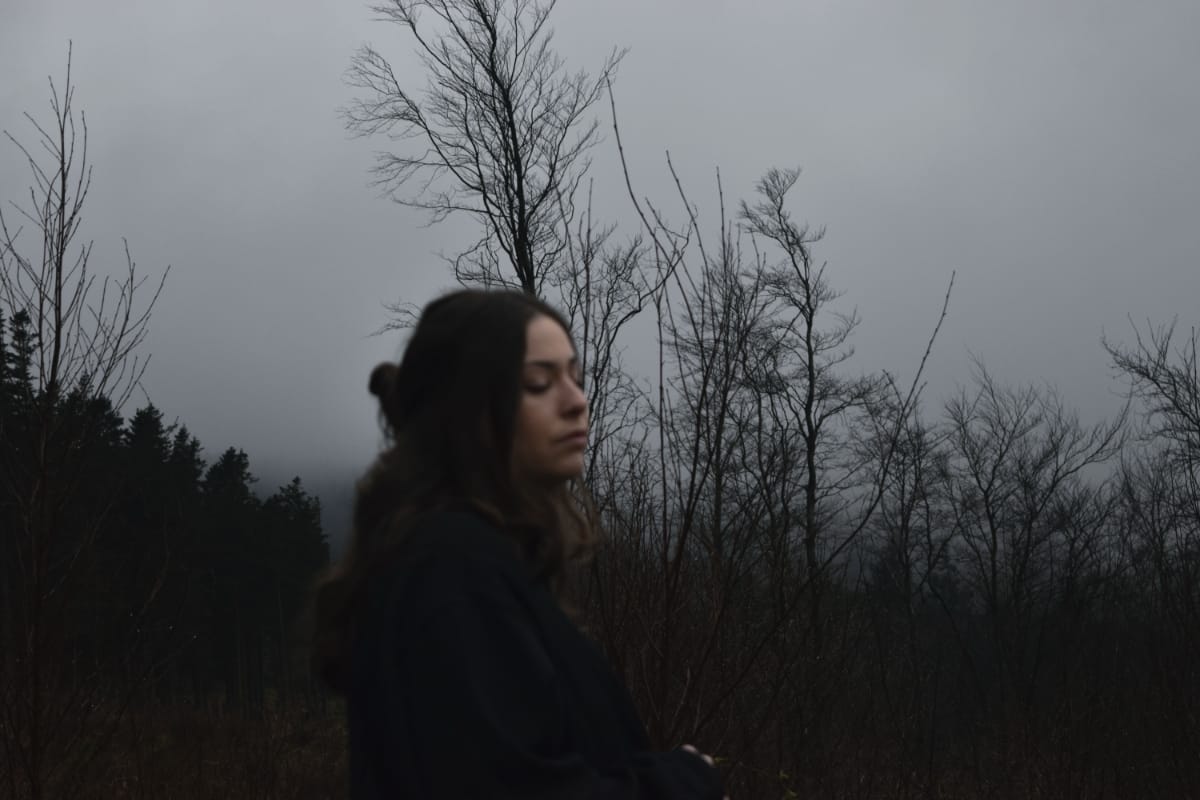
Carolyn: What's different between Roisin and Lōwli? What happens on stage? Who do you become?
Lōwli: Good question. I don't think there's actually a big difference, but maybe just the idea that I'm a bit clearer about expressing myself and that I'm giving myself space to do so rather than in a normal situation. You know—the conversations that I would be having in my songs or the subject that I'd be trying to talk about in songs, or even just the kind of emotions that you might have opened in an instrumental piece. I think it's just a different way of expressing yourself and your creative work.
Carolyn: Do you dress differently when you go on stage? Like, is there armor that happens when you perform? I'm thinking of Florence Welch (Florence and the Machine), for example. I doubt she wears Victorian dresses to pick up her coffee.
Lōwli: It's something that I'd love to explore more. It does bring you into the space of performing, but it also acts as a kind of mask. It's not that you're hiding behind a costume, but if you do have a costume, it's as if you're a different person now. So I think it's something that I would love to explore a little bit more. I usually wear dark clothes, but I like dressing in a way that people don't expect. I often just wear quite minimal clothes and nothing too theatrical.
Carolyn: When everything fails, I just put on a black jumpsuit, and it solves all my problems. My adult onesie. You have a performance coming up this weekend. Is this a large performance? Is it in a concert hall?
Lōwli: It's in a church. This would be the big one; it's in a 200-capacity venue, which is pretty big for me. I have a full band: a three-piece string section, percussion, and myself on the piano and vocals. I'm getting into the rehearsals now, just kind of preparing for it, and it feels like a nice way to let the record go into the world.
Carolyn: When you play at different venues, I doubt you bring your trusty piano from home to each show. What is it like to sit down at a different piano each time?
Lōwli: It's something that I've always had to deal with as a piano player. It would be lovely and reassuring to have the same instrument all the time. Most pianos feel similar, but you do sometimes get a piano that feels or sounds very different. Not that I'm picky about the sound of pianos, but I love a softer, understated sound. I like to try the piano before booking a venue. If I'm playing a gig where I'm travelling to where they don't have a piano, I do have a digital piano that I bring. Which I don't like—I prefer to use the acoustic piano.
Carolyn: I noticed that the footage for this record looks like an upright piano with the hammers exposed. Is that what you have in your home?
Lōwli: I recorded this piano in a studio called Treehouse in Wicklow. I think some of the footage is probably of that piano, and there might be some footage from my home piano, which is also an upright. It's a Förster piano from the 1950s, and it has a lovely sound. I wasn't sure where I wanted to record the album, and I had this particular piano sound in my head. When I heard this one, I thought, yeah, this is what I want. It has a lot of character to it, and this kind of intimate sound. I like an old piano.
Carolyn: So your first record out is actually on vinyl—how does that make you feel?
Lōwli: It's a nice moment to get the vinyl. Vinyl seems like a much bigger thing just because it makes it feel very real, and it's something I've always wanted to have. It's been a busy and hectic few months getting everything organized, and I've had to try to enjoy this moment because it's actually quite special to have that. My sister painted the cover artwork, so that's another thing that is nice as well.
Carolyn: Where were you sitting when your sister painted you? Where's this window?
Lōwli: We took a photo in our family home in Galway, and it's the window of my bedroom, but the window and the painting now look quite different from the actual window. I wanted it to look like an older-style window.
Carolyn: It sounds like your family is really supportive of your art. Will they be coming to your performance for your record release?
Lōwli: Yeah!
Carolyn: What is it like performing with your family in the audience?
Lōwli: It's interesting. Sometimes I think it's easier to perform to a group of people that you don't know, because you can sort of focus on your performance. I think when I have my family and friends in the audience, it is something that is always in my head. My family has actually been to a lot of my gigs recently; they're always very supportive.
Carolyn: Does your material ever make you feel vulnerable from the perspective of having your family watch your internal feelings emerge?
Lōwli: It's definitely a vulnerable thing, creating something that's very personal. I hope they don't worry about me, because sometimes the music can be so dark. I don't overthink it. I just write what comes to me. Part of what I've learned is that the less I overthink, the more authentic the work becomes, and people connect with it more. It also means that it's more authentic to me as well.
Carolyn: So, your family isn't cornering you in the kitchen at holidays, going, "We really need to talk about this record. Are you okay?"
Lōwli: (laughter) No, they never do. Maybe they're thinking it, but they've never actually said it to me. They really enjoy it.
Carolyn: That's great. On your record, what are your favorite tracks? What's the one where you're like, "Ah, this is me, this is me at my fullest"?
Lōwli: I think from a production perspective, the one that I'm happiest with is probably the fourth track, "Ground Above You." It's quite different as a song with vocals; it's quite different from anything I've made. The results we got from the recording, production, mixing, and everything else, I was really proud of that one. In terms of songwriting, "Window in the Woods" or maybe "What's It All For?", the final track. I also love the instrumental track "Lament." I think it's one of the more moving ones for me. I have favorites in different ways.
Carolyn: Absolutely. I am interviewing you from the East Coast of the United States during interesting times. Maybe a global lament. I grew up listening to the Cranberries. That was my favorite band as a kid.
Lōwli: Really?
Carolyn: Yeah. As I grew older, I realized how political those tracks were and what it meant from the perspective of Dolores O'Riordan, what it meant to be Irish. I'm curious, what is it like to make music in Ireland at this point in time? What is it to be Irish? I don't really have a context for that.
Lōwli: I've lived in Ireland for a long time. I was actually born in America, believe it or not. I was born in Boston. I don't really have much memory of it because my parents are Irish, and they lived in America for a few years and worked.
Carolyn: Are they professors? There are a lot of conservatories in Boston.
Lōwli: My dad is an engineer, and my mom worked as a hairdresser. I was born there, then we moved back, and I've lived in Ireland ever since. It's kind of a tough time in Ireland, I think, for music, for musicians. It's hard to make a living. It's always been hard to make a living, but I think more than ever, people are really finding it difficult. There's a housing crisis, and there's a lot of different things going on, making us worried for the future. I think a lot of people from many parts of the world can relate to that. At the same time, I love Ireland. I love living here, and I try to bring that into the music.
Carolyn: Is Ireland coming up with a universal wage for artists and musicians?
Lōwli: I think it was probably three years ago when they were testing it out. The way they did it was somewhat of a lottery. Unfortunately, I didn't get it. I know people who did, and it just took the pressure off them in terms of paying rent, and they were able to focus on their music. The pilot period has ended, and they are going to permanently bring it in, but I don't know in what way yet. I don't know if it's going to be open to everybody or how much it's going to be, but that will hopefully be revealed soon.
(At the time of press, Ireland has moved to make Basic Income for Artists permanent in 2026. €325 per week will be made available to 2,000 artists, with applications opening in September 2026.)
Check out more like this:
 The TonearmArina Korenyu
The TonearmArina Korenyu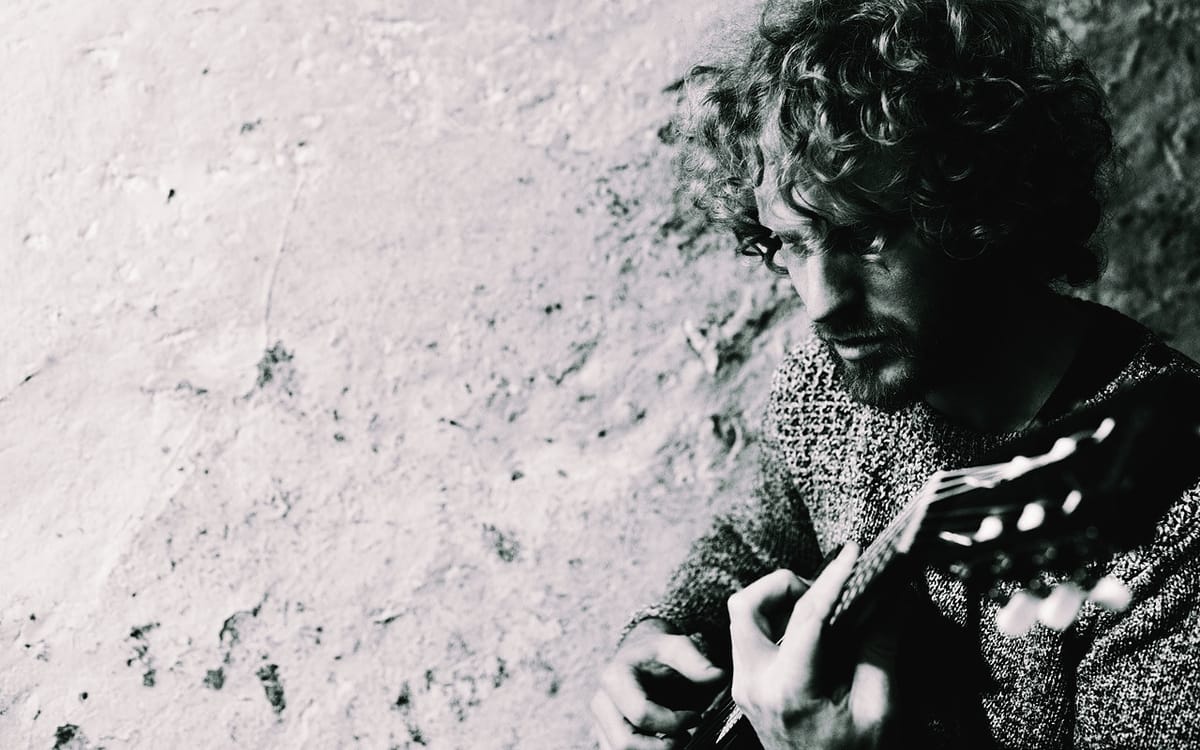
 The TonearmCarolyn Zaldivar Snow
The TonearmCarolyn Zaldivar Snow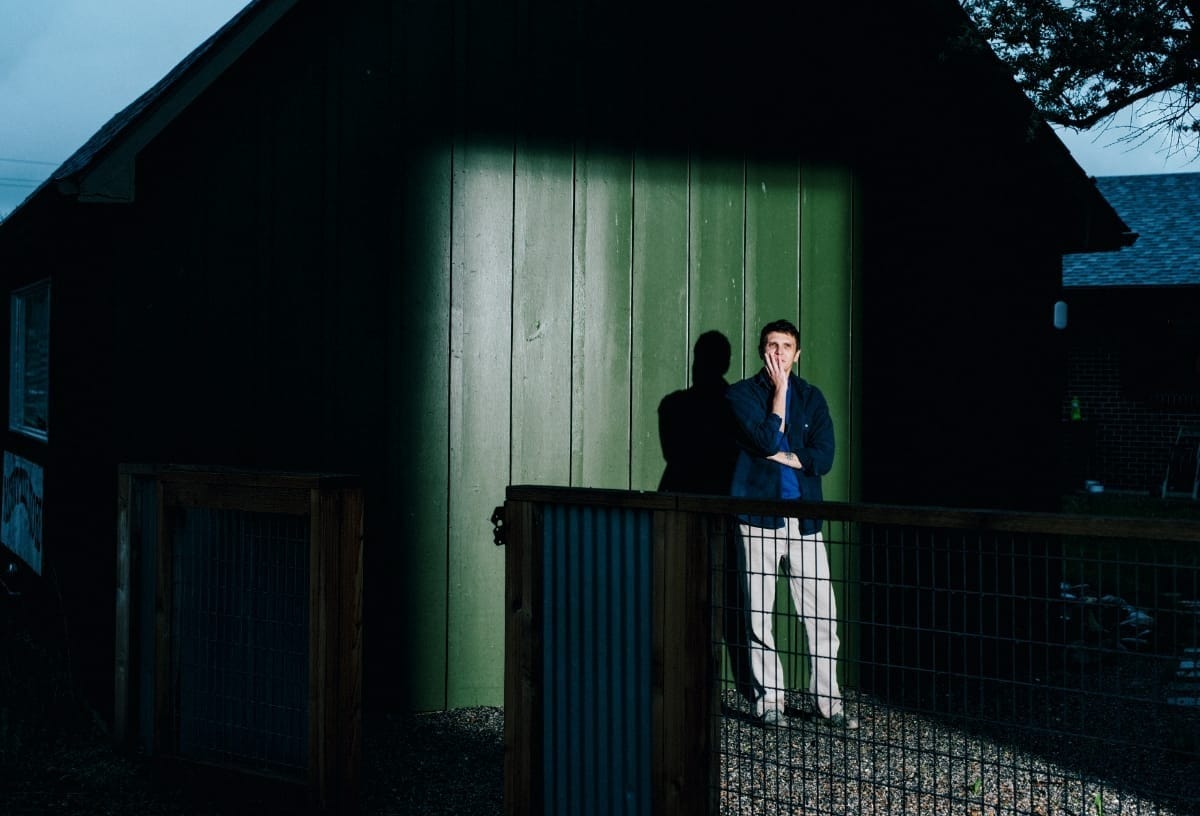


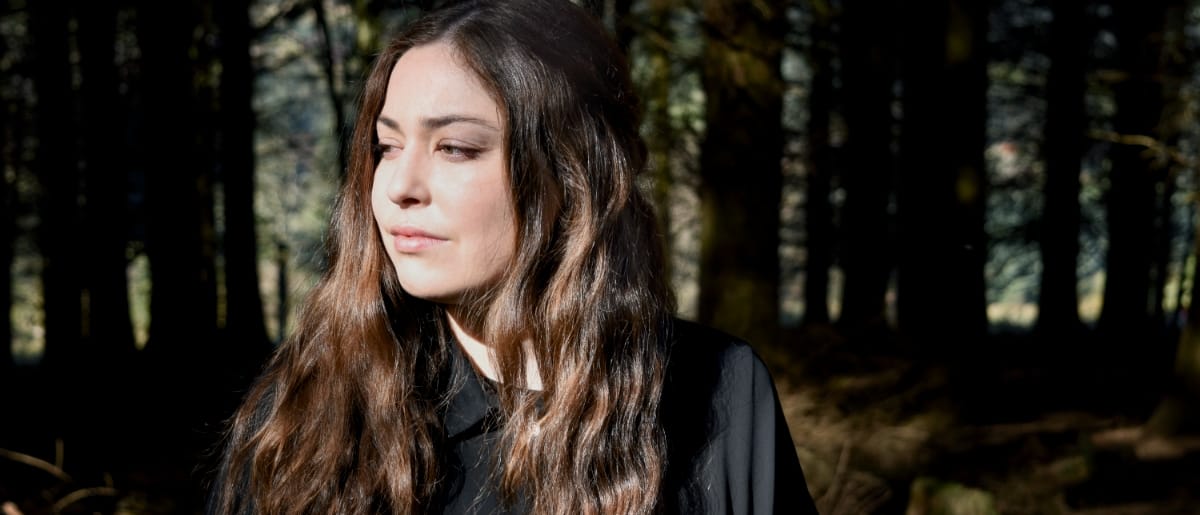

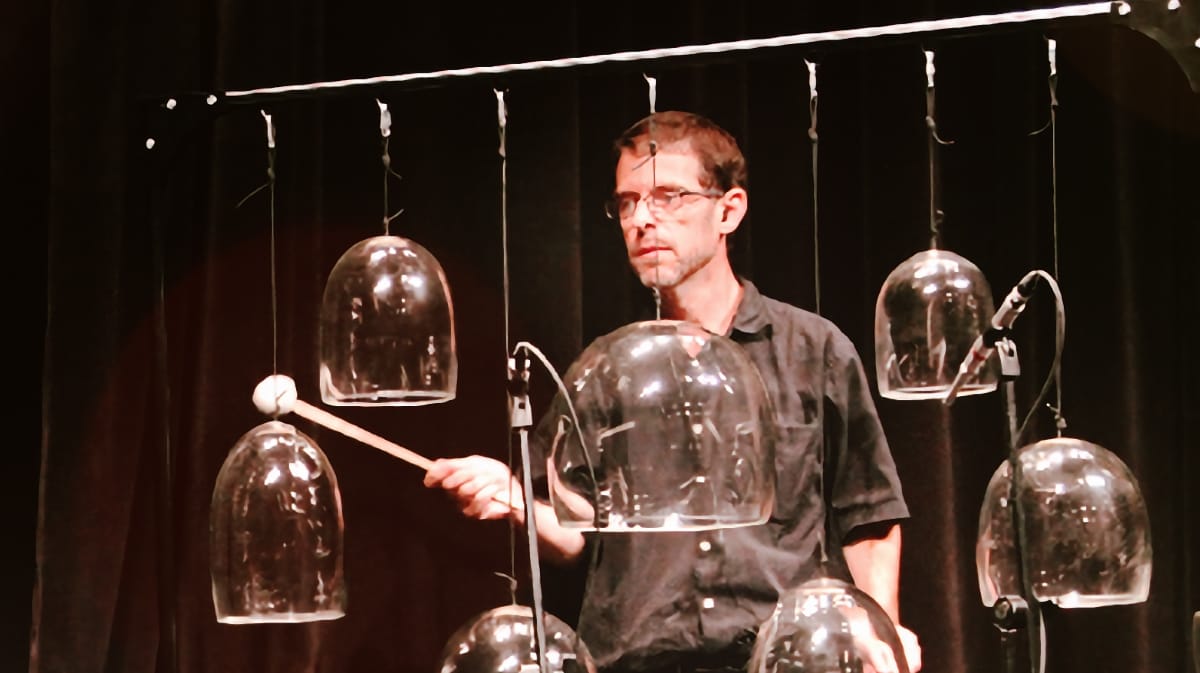

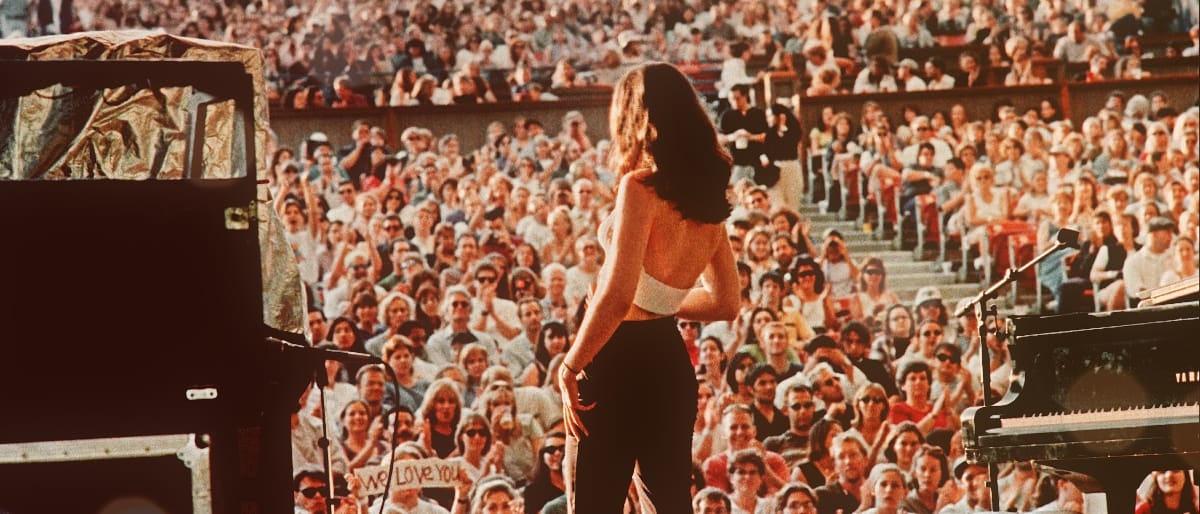
Comments